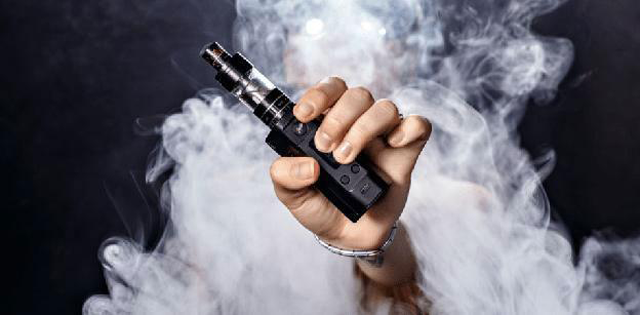AMMAN — Tobacco products and electronic nicotine delivery devices (ENDs) are sold openly in stores located near schools in Jordan, according to a 2023 study issued by the local NGO, Tobacco-Free Jordan.
The study, titled “Protecting Jordanian School Children from Tobacco Advertising Tactics”, inspected 213 shops that fall within a 150-metre radius of 94 schools in two districts in Amman.
The study found that tobacco and nicotine products are highly available for purchase in close proximity to schools.
“Increased exposure to tobacco and nicotine products predisposes youth to use. The government must act now to enforce the law, to prevent a new generation of Jordanian children from becoming addicted to tobacco and nicotine,” the report stated.
It cited the Tobacco Products Display regulation number 73 of 2013, which prohibits sales of tobacco products within a 250m radius of the outer walls of educational and health institutions.
The study also referenced the Requirements for the Display, Sale, and Storage of Electronic Vaping Products, Electronic Liquid Products, and Electronically Heated Tobacco Products, issued by the Food and Drug Administration in 2019. These regulations prohibit the sale of the aforementioned products within a 500m radius of educational and health facilities.
Well over half, at 69 per cent or 147 of the inspected shops, sold at least one tobacco or electronic nicotine product, and 14.3 per cent were found to be “tobacco specialty stores”, according to the report.
It further stated that 86.4 per cent of shops that sold a tobacco or electronic nicotine product did not have any signs with the Ministry of Health’s age restrictions.
“In 20 per cent of store visits, children were seen buying single stick cigarettes or loose [shisha] molasses,” the report added.
Moreover, the report showed that tobacco and electronic nicotine products were accessible within one metre from the floor, meaning that the products were at the eye level of children, in 23.1 per cent of the 147 identified stores.
The study also pointed out the availability of flavoured tobacco and electronic nicotine products with attractive packaging in stores near schools.
It stated that 86.4 per cent of e-liquid products, 55.6 per cent of heated tobacco products and 49.6 per cent of cigarettes in the inspected stores were available in different flavours, which “appeal to children”.
Around 43 per cent of stores selling cigarettes displayed them in a way that makes them visible from outside the shop, such as through the use of printed signs and price discounts, the report showed.
These types of recorded violations normalise tobacco and electronic nicotine products and increase youth’s likeliness to experiment and take up smoking, the study said.
The report added that Jordan has one of the highest smoking rates in the world; 66.1 per cent of men and 17.4 per cent of women are smokers.
Addressing this issue requires a focus on youth, as the majority of smokers begin smoking before the age of 18 years, the study noted.
Approximately 35 per cent of current smokers in Jordan started smoking before the age of 16, and 52.9 per cent of youth between the ages of 13 and 15 reported purchasing their own cigarettes, according to the report.
